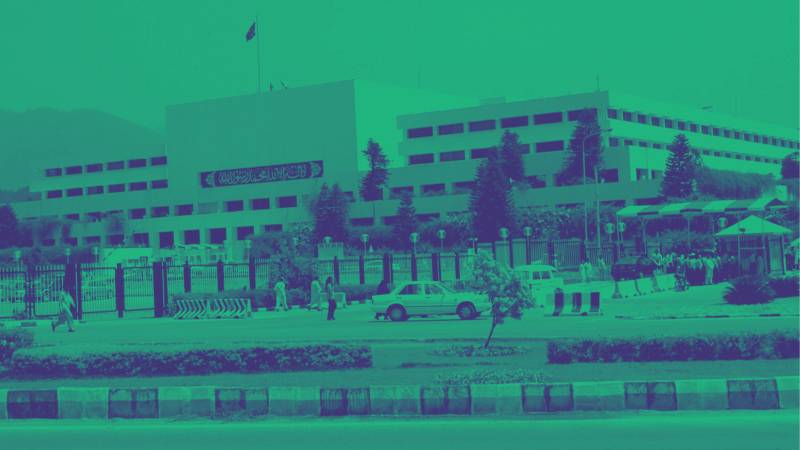
As President Asif Ali Zardari summoned the next session of the National Assembly for Monday, the opposition has planned a firestorm for the treasury benches.
Key among the issues will be the government's reluctance to approve the opposition's choice for the position of Leader of the Opposition, leading to another round of strong and extremely rowdy protests in the house.
Members of the Sunni Ittehad Council (SIC), comprised mainly of lawmakers intrinsically aligned with the Pakistan Tehreek-e-Insaf (PTI), in the lower house of Parliament had submitted documents with the NA secretariat nominating senior member and PTI Secretary General Omar Ayub Khan for the post of Leader of the Opposition.
National Assembly Speaker Sardar Ayaz Sadiq, however, has not taken any positive action on the nomination, thus making the opposition wait.
This has caused discontent among the occupants of the opposition benches.
In the past, decisions on key constitutional posts such as the speaker, deputy speaker, leader of the house, and leader of the opposition in the national assembly were decided soon after a new assembly took oath. The matter of the leader of the opposition was decided almost simultaneously or immediately after the elections for leader of the house.
But this time, the first session of the national assembly concluded without finalising the appointment of a opposition leader.
Talking to [The Friday Times], PTI's legal wizard Shoaib Shaheen said there was no valid reason for the NA speaker to delay finalising this important matter.
"Opposition members have submitted their application, but the National Assembly Secretariat has so far not issued a formal notification on it," he said, mentioning that the opposition members will raise this matter in the upcoming session of the national assembly through points of order.
Those who oppose the appointment of Omar Ayub Khan as the leader of the opposition, with his name being finalised for the role by PTI's incarcerated founder Imran Khan, argue that the SIC is not a parliamentary party.
They contend that even the chief of SIC did not contest on its party's ticket, nor was any elected member in the house who had contested on a SIC ticket. Even though the PTI-backed independent candidates may have joined it, it does not mean they are present as a single party in the house.
Political experts point to the Election Commission of Pakistan's (ECP) ruling in the reserved seats case, which said that the SIC did not fulfill the criteria to be a parliamentary party. This is why it could not be allocated reserved seats for women and minorities despite the fact that the SIC had more seats allied with it in the house than any other party individually. They said this is the same reason why the government is reluctant to recognise their nominee for the Leader of the Opposition as invalid.

